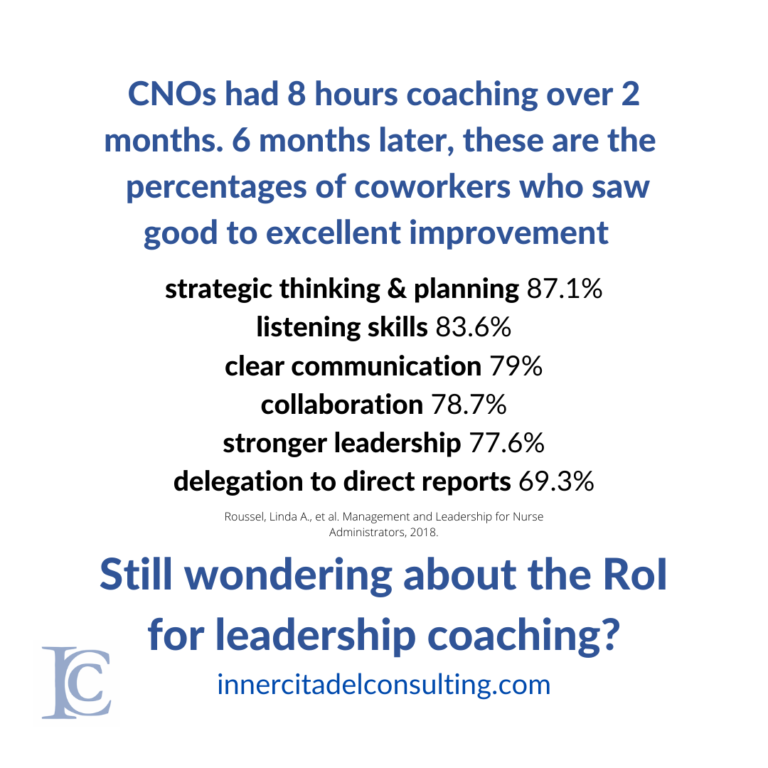
Mindfulness and Reflection on Experience
“Experience was of no ethical value. It was simply the name men give to their mistakes.” Oscar Wilde, “The Picture of Dorian Gray” At least, this is what the

“Experience was of no ethical value. It was simply the name men give to their mistakes.” Oscar Wilde, “The Picture of Dorian Gray” At least, this is what the

I love this comment from a Greek Stoic named Hecato, quoted by Seneca. “You ask what progress I have made? I have begun to be a friend to myself.”
#Pickleball and the reset I’m not one of those #pickleballislife people, although I enjoy the game a lot. I might be a little obsessive about playing it well, depending
“From a culture and people processes perspective, what does a high-performing company mean to you?” For me, one of the most important parts of any answer to this question
Tl/dr Stop complaining – it’s wrecking your perspective on life by hardwiring negativity into your neural pathways. Mindfulness and complaining I read the linked article six years ago, in
Training for Leaders I’m pretty constantly torn between focusing #emotionalintelligence and #mindfulness development on managers & leaders or focusing on developing highly effective and self-reliant teams. Part of it
or… Celebrating that the Sky is Blue. Breathing Every mindfulness tradition I have heard of celebrates and uses the breath in the process of centering, becoming aware, expanding consciousness,